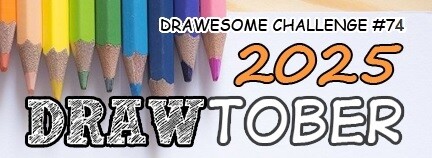pauraque (![[personal profile]](https://www.dreamwidth.org/img/silk/identity/user.png) pauraque) wrote2025-11-04 10:50 am
pauraque) wrote2025-11-04 10:50 am
Entry tags:
- book club,
- books,
- books: author: aisha saeed,
- books: author: aliette de bodard,
- books: author: e.c. myers,
- books: author: preeti chhibber,
- books: editor: ellen oh,
- books: editor: elsie chapman,
- books: genre: speculative fiction,
- books: theme: abuse,
- books: theme: death,
- books: theme: family drama,
- books: theme: ghosts,
- books: theme: mythology & folklore,
- books: type: short stories,
- books: year: 2018
A Thousand Beginnings and Endings, ed. Ellen Oh & Elsie Chapman (2018) [part 2]
This is part two of my book club notes on A Thousand Beginnings and Endings. Part one is here.
"The Counting of Vermillion Beads" by Aliette de Bodard
( In a historical fantasy setting, sisters are indentured to work for the imperial census. )
"The Land of the Morning Calm" by E.C. Myers
( A girl discovers that her dead mother's spirit still haunts the online game she played in life. )
"The Smile" by Aisha Saeed
( A courtesan wants for nothing, but realizes it's meaningless without her freedom. )
"Girls Who Twirl and Other Dangers" by Preeti Chhibber
( Teens at a Navrātri dance pull a prank that gets a little out of hand. )
"The Counting of Vermillion Beads" by Aliette de Bodard
( In a historical fantasy setting, sisters are indentured to work for the imperial census. )
"The Land of the Morning Calm" by E.C. Myers
( A girl discovers that her dead mother's spirit still haunts the online game she played in life. )
"The Smile" by Aisha Saeed
( A courtesan wants for nothing, but realizes it's meaningless without her freedom. )
"Girls Who Twirl and Other Dangers" by Preeti Chhibber
( Teens at a Navrātri dance pull a prank that gets a little out of hand. )





